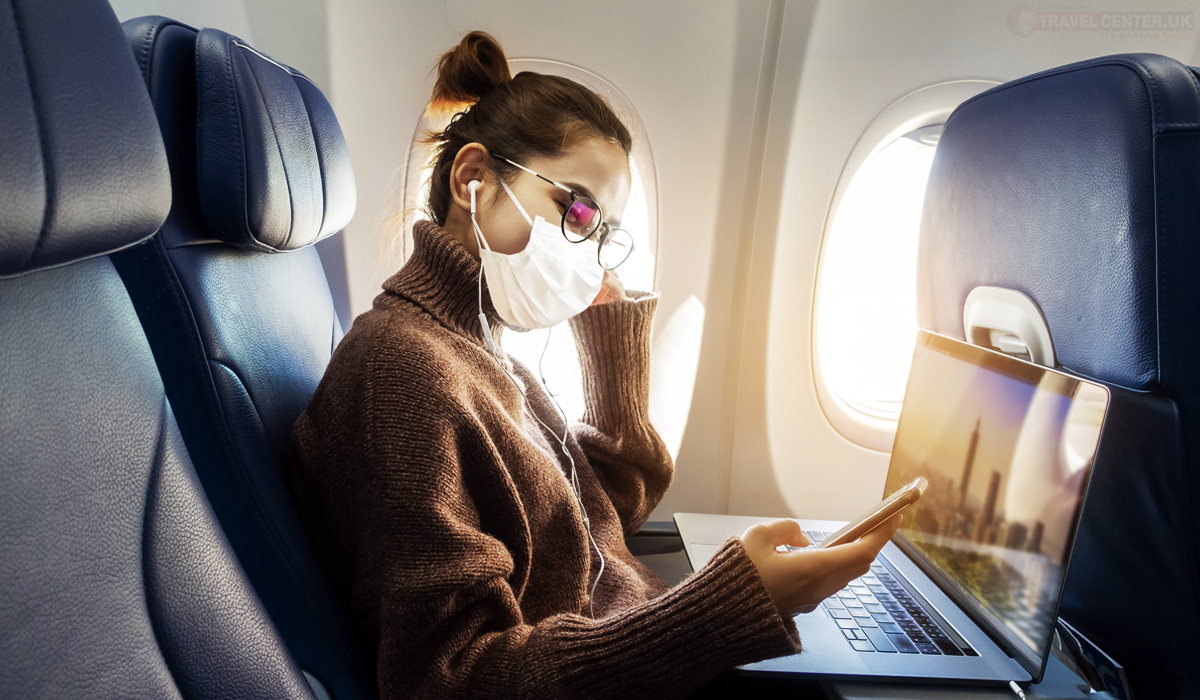IATA the international trade body for aviation recently revealed that the British went on more foreign holidays compare to other nationalities. According to the data, last year around,126.2 million British passengers were jet off for holidays – rest of the countries totalling up to 8.6%, roughly one in 12 are international travellers. The UK holiday trends beat the United States as 111.5 million, 7.6 of passengers listed for taking holidays including China with 97 million travellers, 6.6%.
Data from the IATA shows, in total there were 4.4 billion air trips taken worldwide in 2018. The 4.4 billion is an increase of 6.9% compared to 2017. The number of total passengers flew in 2010 was 2.63 billion and 1.674 billion in 2000. Which clearly shows an additional 284 million trips were taken by air year-on-year.
According to IATA World Air Transport Statistics (2019 WATS), the top five nationalities were revealed as the United Kingdom beats America with 126.2 million, or 8.6% with total passengers, United States 111.5 million, or 7.6% of all passengers, China 97 million, or 6.6% of all passengers, Germany 94.3 million, or 6.4% of all passengers and France 59.8 million, or 4.1% of all passengers, said.
IATA’s World Air Transport Statistics also shows, around 22,000 cities were connected by direct flights last year, up 1,300 year-on-year and double the number of cities as 10,250 were connected in 1998.
IATA’s Director General and CEO, Alexandre de Juniac, also mentioned in a press release, “Airlines are connecting more people and places than ever before. The freedom to fly is more accessible than ever. And our world is a more prosperous place as a result. As with any human activity, this comes with an environmental cost that airlines are committed to reducing. We understand that sustainability is essential to our license to spread aviation’s benefits. From 2020 we will cap net carbon emissions growth. And, by 2050, we will cut our net carbon footprint to half 2005 levels. This ambitious climate action goal needs government support. It is critical for sustainable aviation fuels, new technology and more efficient routes to deliver the greener future we are aiming for”.








